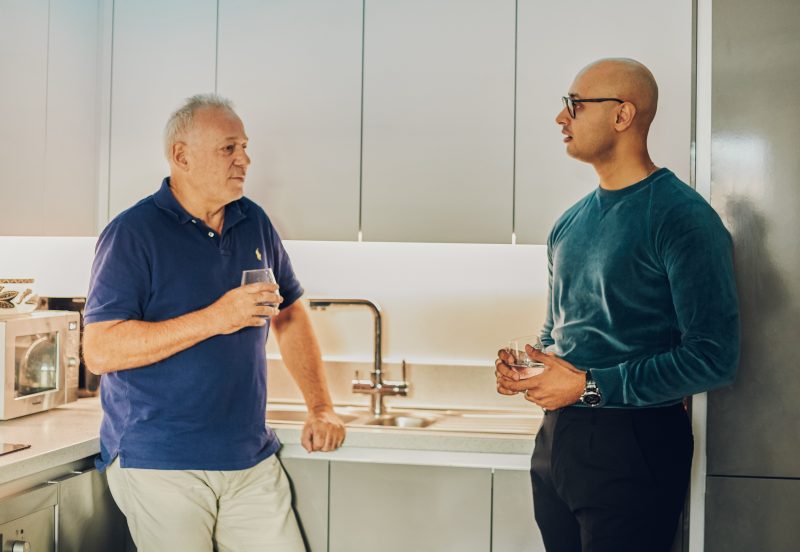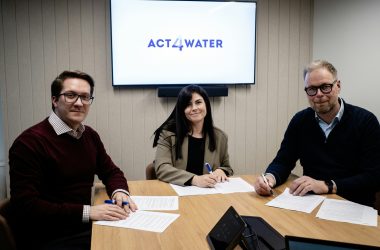Last Updated on: 24th January 2025, 06:51 am
Global water innovation company Bluewater has called on governments, regulators, and industries to take urgent measures to safeguard public health following the release of a concerning new study in PLOS Water. The research indicates that French tap and bottled water are heavily contaminated with microplastics measuring under 20 micrometres (µm).
These microscopic particles, small enough to penetrate human organs and bloodstream, currently fall outside the detection standards proposed by the European Union, creating a worrying gap in water safety regulations.
“If efforts aimed at stopping minuscule microplastics polluting human intestines, blood, and other organs are not fit for task, it raises urgent questions about regulatory standards and public health protections,” said Bluewater founder and CEO Bengt Rittri.
Bengt Rittri, a renowned Swedish environmental entrepreneur, cautioned that failure to address these regulatory flaws could have long-lasting impacts on both human health and environmental sustainability worldwide.
As concerns grow over the risks posed by microplastics to human health, Bluewater – a global leader in sustainable water purification technology and beverage solutions – is advocating for immediate regulatory reforms, adoption of cutting-edge filtration systems, and enhanced public education to combat this hidden crisis.
A Growing Public Health Threat
The PLOS Water study uncovered that most microplastics in French tap and bottled water remain undetectable under current EU regulations, which fail to account for particles smaller than 20 µm. Though invisible to the naked eye, these particles are capable of breaching the body’s natural barriers, potentially accumulating in vital organs and causing inflammation, toxicity, and chronic illnesses.
“This is an invisible crisis with very real consequences,” said Bengt Rittri.
“Outdated detection standards in the EU and elsewhere are risking millions of lives. We cannot wait for further evidence of harm before acting. Studies show that only nine per cent of all plastic is recycled, and microplastics are in our water, food, and the air. The time to act is now.”
Bluewater’s Call for Action
Bluewater is spearheading efforts to address this crisis with a three-point action plan:
- Update Detection Standards: Regulators, including the EU, must revise detection thresholds to include microplastics smaller than 20 µm and enforce more rigorous testing of water supplies.
- Introduce Advanced Filtration Technologies: The implementation of proven filtration solutions, such as those developed by Bluewater, should become standard practice to ensure water safety across homes, workplaces, and public areas.
- Raise Public Awareness: Authorities and industries must ensure transparency by educating the public about the risks of microplastic contamination and the available solutions.
“Governments must recognise that clean, safe drinking water is not a luxury – it’s a basic human right,” Rittri added.
“Bluewater’s advanced purification tech solutions are designed to eliminate even the smallest contaminants, ensuring that everyone, everywhere, has access to water they can trust.”
A Global Challenge
While the study’s focus is on France, microplastic contamination is a worldwide issue that requires coordinated international efforts. Bluewater is urging global regulators to prioritise public health, tighten safety standards, and invest in advanced water treatment technologies.
“This is not just a French or EU issue – it’s a global call to action,” Rittri said.
“If we don’t act now to safeguard the health of people and the planet, we risk turning our most vital resource into a health hazard.”
Learn more about how Bluewater is making a difference here.









